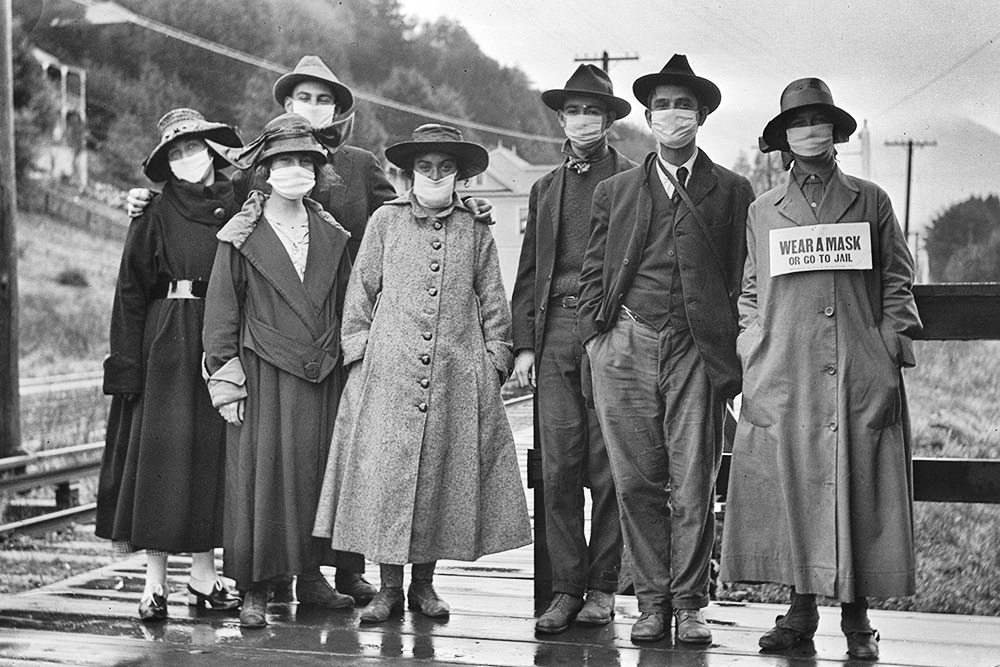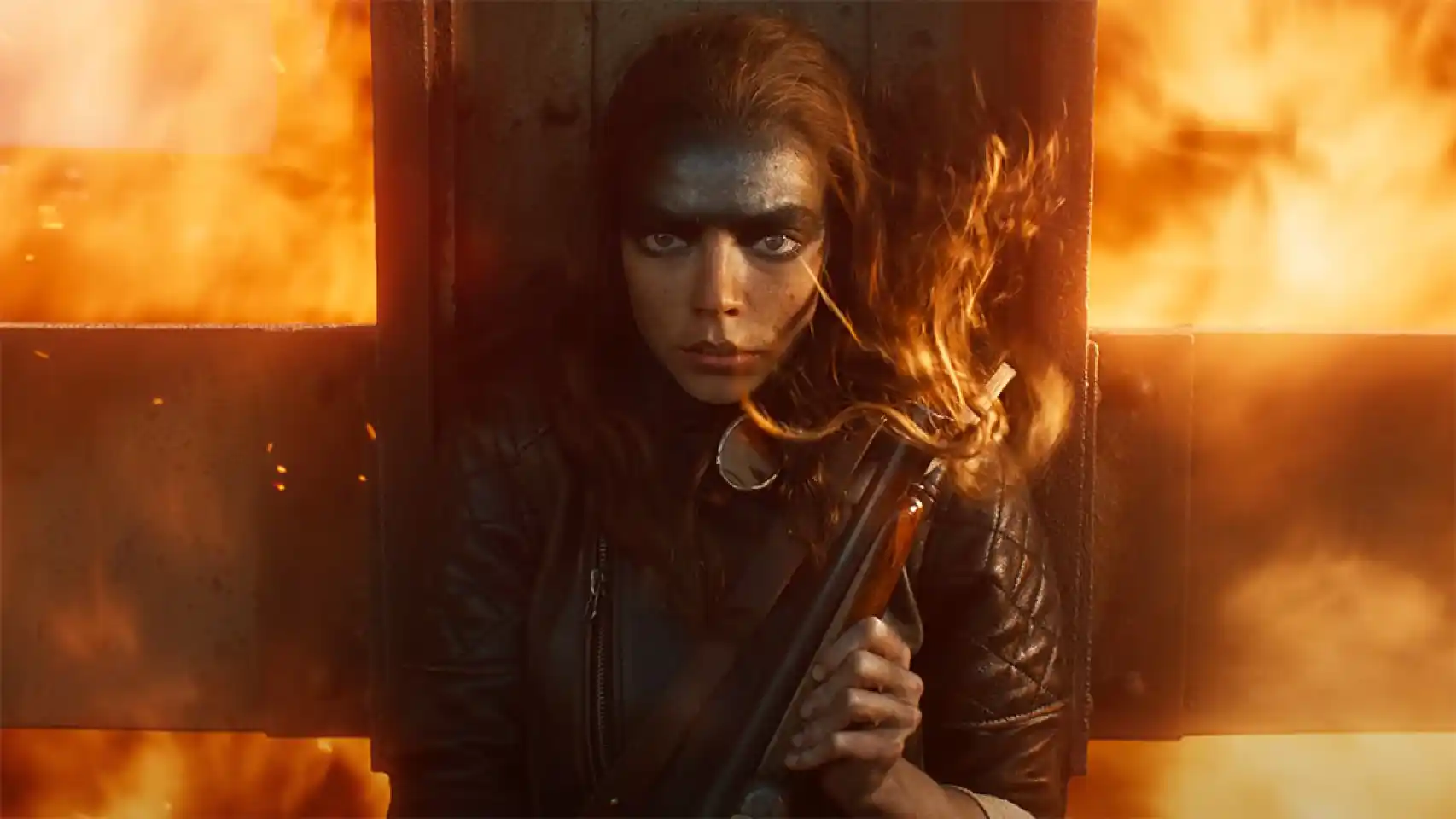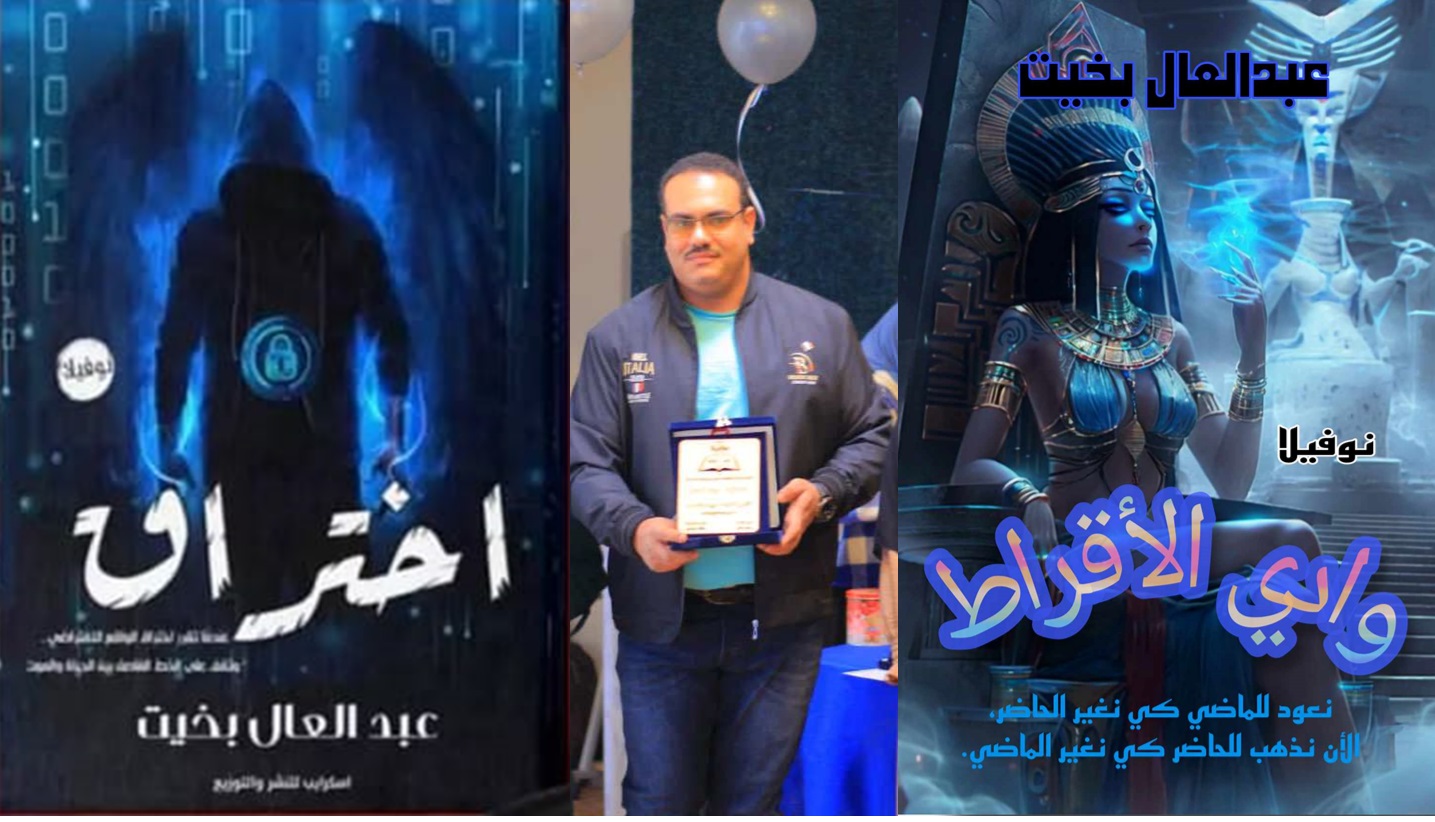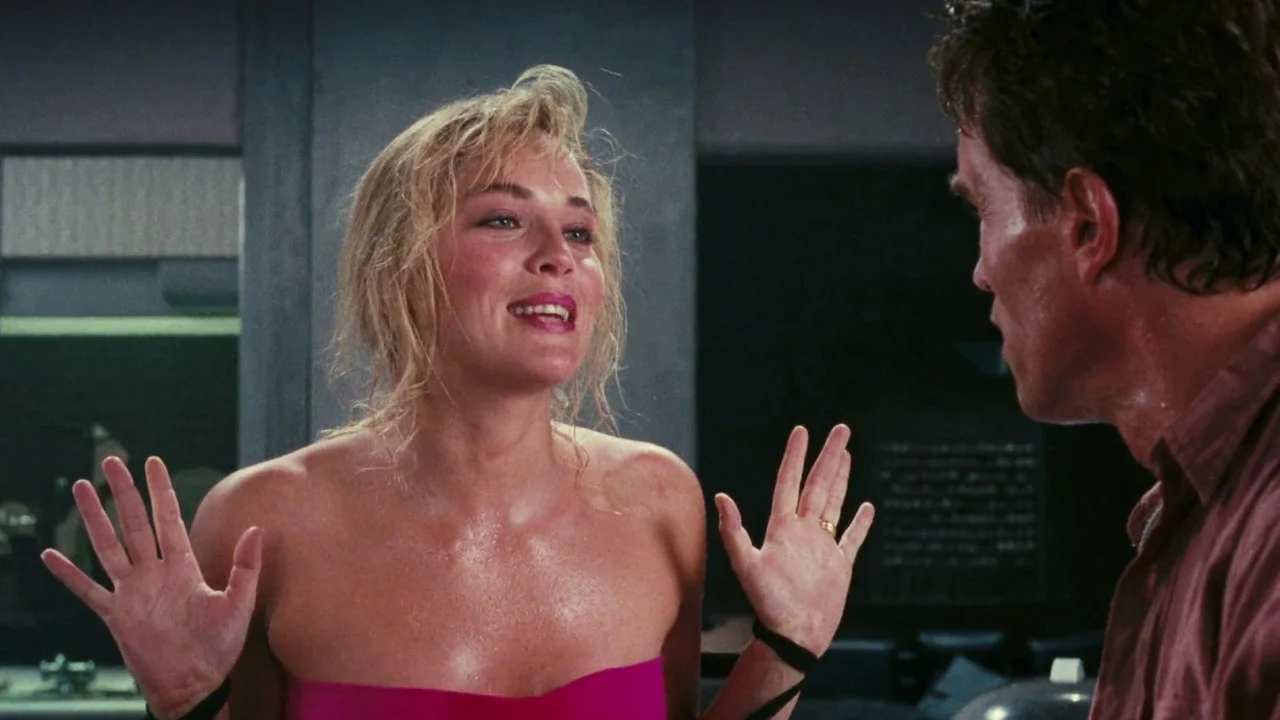
By funny happenstance, I got a chance to rewatch the Total Recall (2012) remake starring Colin Farrell, Kate Beckinsale, and Jessica Biel, which prompted me to watch the 1990 classic starring Arnold Schwarzenegger, Sharon Stone, and Rachel Ticotin. The original is ‘so’ much better, as I suspected. The question is why and what else we can learn along the way.
By Emad Aysha
The most fundamental problem with the remake, in a word, is generic. Everything is ‘one size fits all,’ so you can’t tell the characters apart, male or female. Colin Farrell, who gave a charismatic performance in Minority Report, plays a mere shadow of himself here with the same pale, dull, brown-haired complexion as his wife Lori and former lover from the resistance Melina. Even the lousy guy Cohagen, played by Bryan Cranston, also has brown hair and skin the complexion of beef.
Everybody’s about the same height and fighting skills, which makes no sense since you’d imagine Cohagen to be a desk jockey who relies on his brains, not his brawn. Why else would you need a henchman in a spy movie if the spymaster was a Jason Bourne-type individual? Contrast that to the different fighting skills you get in the 1990 movie, especially the fight scene between Melina and Lori, pitting streetfighting against disciplined training.
Just look at the henchman, Richter (Michael Ironside), and how motivated he is by anger and jealousy, how he still can’t stand up to a freight train like Arnold, and how sorry you feel for him in the end when he loses his arms. Contrast him, in turn, to his geeky partner Helm (Michael Champion) and how sorry you feel for him when he gets killed, too.
That’s another plus point for the original. No matter how minor, every character is memorable because they have their distinct personalities and appearances to accompany them. The Rekall CEO played the casino executive in Rain Man, and Quaid's friend Harry looks like the janitor in The Terminator; they are perfect embodiments of their characters.
Hell, check out the midget hooker in the original and how she turns out to be badass and kills Helm entirely unexpectedly. There is nothing like that here with the annoying, healthy 2012 cast, with their characteristically short legs.
The 2012 movie does have redeemable features, but again, it’s too generic, the music being another example of this. Gerry Goldsmith, by contrast, outdid himself in the 1990 flick, giving you something full of power, joy, and, most of all, a sense of wonder and mystery. He even broke his own rules and created a sense of ‘space’ in his score in the scene where Arnold remembers the alien rector's giant insides.
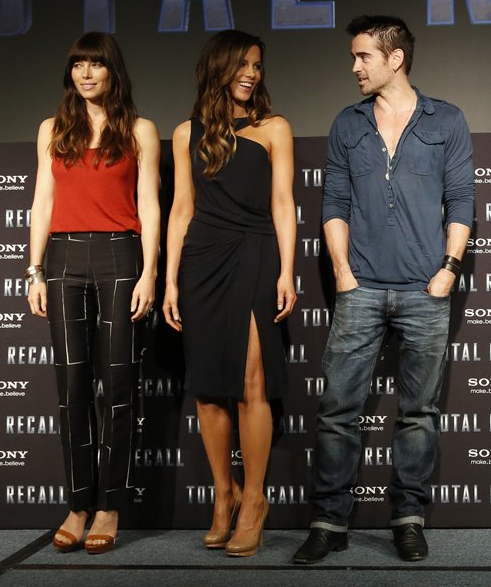
UNENTHUSIASM RULES: An otherwise good cast (Jessica Biel, Kate Beckinsale, Colin Farrell) wasted in a grey replica of a red hot 'Dutch' movie in English!
The technology in the 2012 movie, while impressive, is also generic. You felt they lifted a lot of the ship and car designs from Minority Report (what a coincidence), whereas in the 1990 movie – and I’ve seen this in reaction videos – people are still impressed by the cool gadgets and tech they have in the future.
Mr Johnny Cab is one of those stand-out points. The 2012 future is too close for comfort, expanding on what we have now instead of starting from scratch and inventing a genuinely new future.
Here’s another complaint: why does an American director like Len Wiseman give us a retro-British vision of the future? Rekall Inc. in the original is a typical American-style firm, cold and grey and with an opportunistic boss who is like a real estate salesman, smiling at everything with ready responses, whereas Rekall in the new movie is more like an opium den from British imperial history where you have ‘pipedreams.’ And with an Oriental guy and exotic woman showing you around. And the victim in the movie, the colony (of Australia), is snatched from British imperial history.
Mind you, there’s nothing wrong with this; it is one of the movie's strong points, but it all feels so mundane. It’s all terrestrial. Having something set on Mars is so much more exotic and contains limitless possibilities, with a Wild West sleazy saloon feel to it. That’s the frontier ethos, what you get in the original author Philip K. Dick aplenty, and what motivates Arnold’s characters to go to Mars to begin with. I also suspect why he dreama of Melina, played by the exotic Latina Rachel Ticotin, contrasted to the classic Anglo girl Sharon Stone; promising sameness and stasis to her equally blond beefcake of a husband.
A special shout-out to Arnold here. When he’s Quaid and when he’s Hauser, they’re two completely different people. One is a typical Joe, wearing the same outfit at the end of the movie as at the beginning, and the other is cocky and secretly cruel and groomed as hell. Colin Farrell, by contrast, is the same person throughout and with the same dorky haircut, and he’s supposed to be the greatest spy who ever lived. Fat chance!
I suppose getting an Irishman to play the hero is again meant to be a cultural reference, the classic downtrodden people in British history. Still, it’s getting in the way of the movie itself: the storytelling and the enjoyment factor.
How ironic then that the ultra-American 1990 movie was helmed by Dutchman Paul Verhoeven, with the very Austrian Arnold being the guy who insisted that Quaid’s character be assertive and somebody who could thrive under duress. And rightfully so, instead of the glorified bookkeeper they originally had in the script.
Our visions of the future tend to reflect the past, as we understand it, even adopted pasts. And so with alien worlds. Going outside is going inside. What would Arabs do on Mars, I shudder to think?
Well, check out Dr. Hosam Elzembely’s recently published The Final Voyage and my red planet short story, “A Detour in Space,” and find out for yourself!

